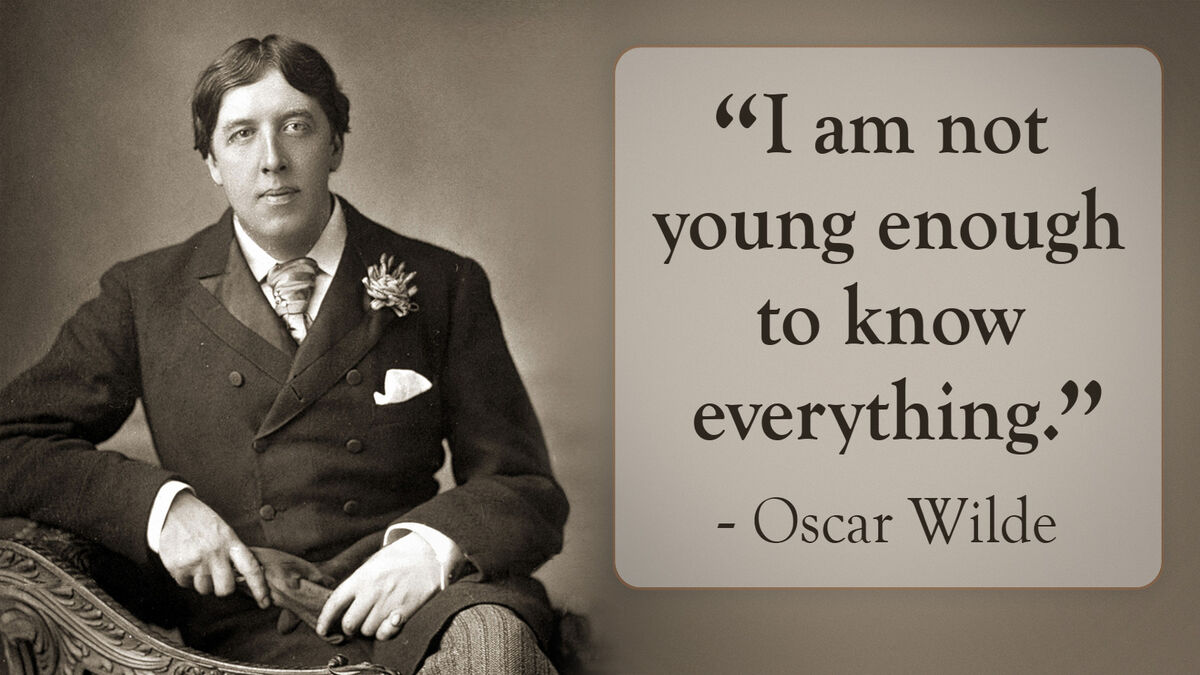
Satire is found in literature, songs, television shows, and everyday life. Writers use satire to show foolishness or corruption in people, organizations, or governments with sarcasm or irony. Keep reading to find tips for writing satire, possible satirical writing topics, and examples of different satirical works.
Tips for Writing Satire
Satire is an effective and witty way to comment on society or trends. It mocks a topic by pretending to sound serious about it. If you’re trying your hand at writing satire, here are a few satire writing tips:
- Your satire does not need to be vicious or obscene. It can be driving and sharp, but the best satire is literate.
- Try to appear to be serious while delivering satire, as it can be really funny. It is subtle, but effective, when at first glance it looks like you are actually reporting on a real event.
- Another trick is to take things further than they have already gone. If there is a trend in a story, you could play it out to suggest what might happen down the line.
- See if you can turn things around. This would be like advising someone to do the exact opposite of what they should do.
- The best satire seems light and airy but packs a real punch underneath. Let your readers feel comfortable enough to agree with your message, but not so comfortable that they can ignore it.
Satirical Writing Topics
If you don't know what topic to pick for your satirical writing, here are some tips on picking one:
- You could write about yourself. Pick some funny habits or quirks you have and write away. Readers can often identify with your problems or reactions and that will be entertaining to them.
- You could also write about a person you know or someone famous. It's even better if you know someone famous. Don't act like a tabloid reporter; stick to general things, like the way they dress or things they have said.
- Politicians are great to satirize because they often make blunders in speeches. You might also consider major events that have recently happened.
- Sometimes fact is stranger than fiction. If you decide to write about unusual or weird facts, be sure and do your research and make sure the fact is true.
- For political satire, choose a topic that you care about. What would happen if no one cared about that issue? What would the world look like if your worst fears were realized?
Examples of Satire
Common forms of satire are irony, sarcasm, and parody. Famous satirical writers include Jonathan Swift, George Orwell, and Mark Twain. They criticized the world around them with outlandish settings, over-the-top characters, and clever wordplay. Satire writers primarily use irony, sarcasm, and parody as devices in their written work.
Irony
In irony, the words are used to show the opposite of the actual meaning. With verbal irony, you say one thing and mean another. Situational irony occurs when what actually happens is not what was expected. Irony in satire can make the audience unconsciously agree with you.
A great example of irony comes from the plot of the movie The Wonderful Wizard of Oz. The supposedly all-powerful Wizard turned out to be an average man. The story satirizes the perception of power with irony – those who seem to have the most control are often hiding behind their own curtains.
Sarcasm
Sarcasm is a bitter remark, jibe, or taunt. Sometimes it is humorous in the way it makes its point; other times it is serious and painful. Sarcasm is an effective satirical tool when a speaker makes a point that mocks the listener’s perception.
Some examples of sarcasm include:
- "We didn't lose the game; we just ran out of time." - Vince Lombardi
- "A modest little person, with much to be modest about." - Winston Churchill
- "I am not young enough to know everything." - Oscar Wilde
- "I never forget a face, but in your case I'll be glad to make an exception." - Groucho Marx
Parody
When you take the form of an existing written work, song, or movie, you can use parody to make fun of that work. A movie like Austin Powers: International Man of Mystery is a humorous parody of the James Bond movies. Weird Al Yankovich has built a career on parodying popular songs, such as “Amish Paradise” for Coolio’s “Gangsta’s Paradise” and “Bohemian Polka” for Queen’s “Bohemian Rhapsody.”
Other popular parodies include:
- Television shows: The Colbert Report, South Park, Reno 911!
- Comic strips: Doonesbury, Dilbert, The Far Side
- Movies: Airplane, Monty Python and the Holy Grail, This is Spinal Tap
Satire Brings Social Change
Satire is a type of writing that both entertains and challenges its audience with humor. When written well, political satire can inspire a population to reconsider its values and change its course of action. Check out more examples of satire, including political satire and literary satire, to find even more tips for writing satire.